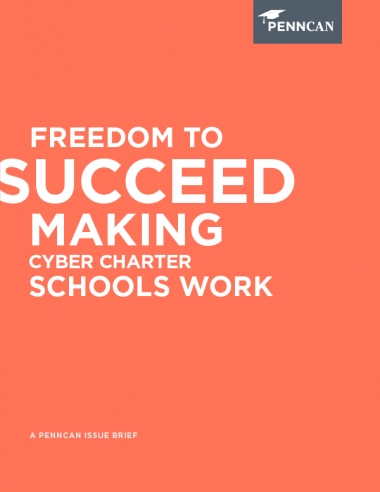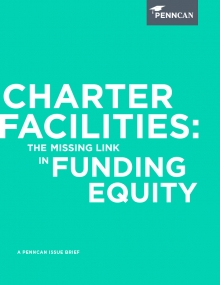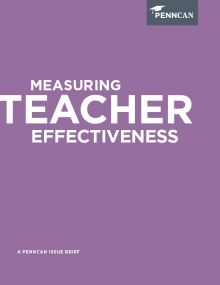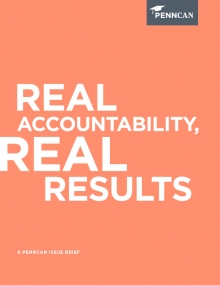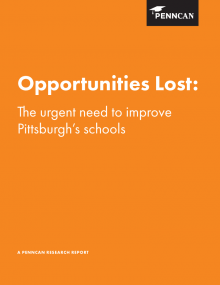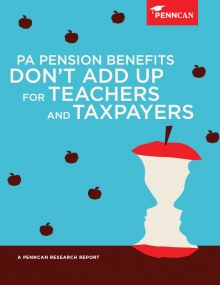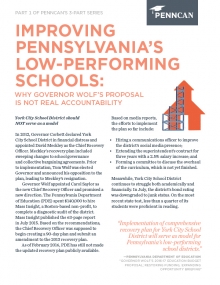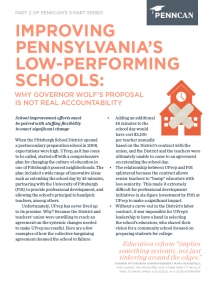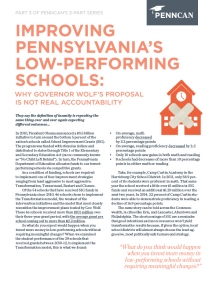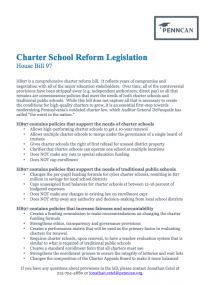Pennsylvania passed its charter school law in 1997, empowering local school boards for the first time to award contracts—or charters—to parents, teachers, colleges and non-sectarian nonprofits seeking to open independent public schools. Policymakers hoped charter schools would improve student learning, empower teachers, expand families’ educational choices and add more accountability to public schooling.
In that same spirit, Pennsylvania approved Act 88 five years later, permitting the state department of education to authorize cyber charter schools. Like traditional charter schools, cyber charter schools are tuition-free and open to the public. But rather than teaching stu- dents in brick-and-mortar school buildings, cyber charter schools provide instruction online.
Research shows that families opt for cyber schooling for a variety of reasons. The poor learning environment at some brick-and-mortar schools pushes some parents to choose online education for their kids. Others like the class choices offered and the ability to control their child’s pace through the curriculum. And some parents see cyber edu- cation as an alternative to traditional home schooling.
For reasons like these, there is high demand for cyber charter schools in Pennsylvania. At last count, more than 30,000 students were enrolled in cyber charter schools across our state.
Amidst this high demand, however, there are mounting questions about cyber charter schools’ performance and funding. State assess- ments show that many cyber charter schools have low proficiency rates in math and reading. Policymakers also wonder why cyber charter schools need as much money as their brick-and-mortar counterparts despite lower facilities costs.
These are reasonable questions. This issue brief, Freedom to Succeed: Making Cyber Charter Schools Work, examines those questions and proposes ways to address them, such as empowering multiple authorizers, strengthening accountability and providing equitable funding to give cyber charter schools the freedom they need to succeed.
